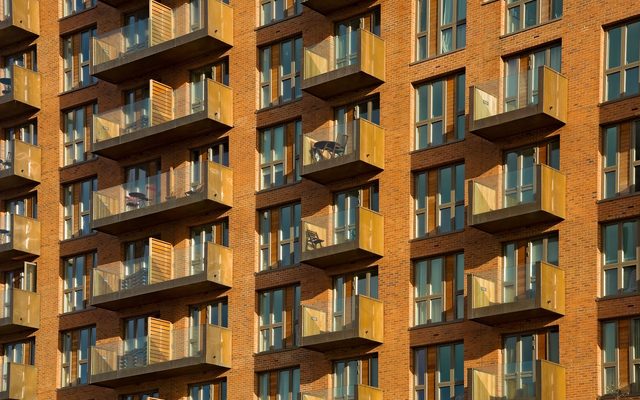This article is from the Australian Property Journal archive
FEDERAL Housing Minister Clare O’Neil has put widespread stamp duty overhaul on the agenda, praising recent changes by states and territories, as housing reform continues to dominate the national political landscape.
“Stamp duty is a bad tax,” O’Neil told ABC Radio National yesterday, hot on the heels of the Business Council of Australia recommending in a new report that it be scrapped – which she said is a “really good idea”.
“It prevents people from moving around the housing market in the way that suits them best and it creates costs for everyone who’s selling or buying a home,” O’Neil said on ABC RN.
In addition to stamp duty costs, high mortgage rates and soaring house prices have driven affordability to its worst level on record, as Australians work overtime, take on second jobs, and even skip on healthcare costs in a bid to break into the heated market.
“The moves that some states and territories have made to wind it back or to remove it altogether are really positive, and I’m really supportive of it,” O’Neil said.
Her comments come a day after Victoria’s Allan government announced a 12-month stamp duty concession expansion which will allow anyone buying an apartment, unit or townhouse off-the-plan to claim the concession – a 100% deduction of outstanding construction and refurbishment costs when determining how much stamp duty is owed. It said this could equate to a $28,000 saving on the purchase of a $620,000 apartment.
South Australia’s Malinauskas government announced in the middle of this year it would cut stamp duty for first home buyers who buy a new home, including a house, flat, unit, townhouse or apartment, an off-the-plan apartment, a house and land package or vacant land to build a new home, while the ACT government also expanded concessions in June.
The Real Estate Institute of Queensland (REIQ) welcomed Clare O’Neil’s support for phasing out stamp duty, saying the “time is right for reform”.
REIQ CEO Antonia Mercorella said this publicly stated position opened the door for the state government to work with the federal government to phase out Queensland’s outdated stamp duty regime to encourage a higher rate of home ownership.
“Stamp duty presents a considerable barrier to those wanting to buy their first home, and to retirees seeking to downsize their family home,” Mercorella said.
“It also hinders job mobility which affects the productivity of the entire economy, as well as impacting significant life decisions such as starting a family and moving homes.
“Phasing out stamp duty has the potential to drive a significant trend in ‘rightsizing’ to appropriately sized and located homes, substantially increasing the supply of housing into the market.
The most recent Productivity Commission analysis showed stamp duty generated $35.2 billion in revenue over 2021-22. That figure is weighted to NSW and Victoria, which raised almost $25 billion together. Stamp duty nationally accounts more than 21% of all revenue raised.
O’Neil’s comments land just a few days after the Coalition unveiled its own $5 billion plan to invest in infrastructure that would “unlock” up 500,000 homes across the country, with a particular focus on greenfield sites.
“We know there are hundreds of greenfield sites across the country ready for development, but progress has been stalled due to a lack of funding for essential enabling infrastructure,” Opposition Leader Peter Dutton said.
“Our approach is focused on investing in enabling infrastructure to unlock the supply of shovel-ready new housing developments.”
National Cabinet officially kicked off its National Housing Accord in July, aiming to deliver 1.2 million “well-located” homes around Australia over five years. The initiative will run concurrently with the Housing Australia Future Fund and National Housing Accord Facility, which together aim to build 20,000 social homes and 20,000 affordable homes. The Social Housing Accelerator is also underway, with the goal of delivering 4,000 social homes.
The Albanese government last year pledged $3.5 billion towards state and local councils for accelerating land releases, cutting planning red tape, and delivering amenities and services in a bid to speed along the program.
The National Housing Accord target is considered farfetched by analysts and the Albanese government’s own National Housing Supply and Affordability Council, given chronic labour shortages and high materials costs in the construction industry, and high interest rates and planning red tape.




